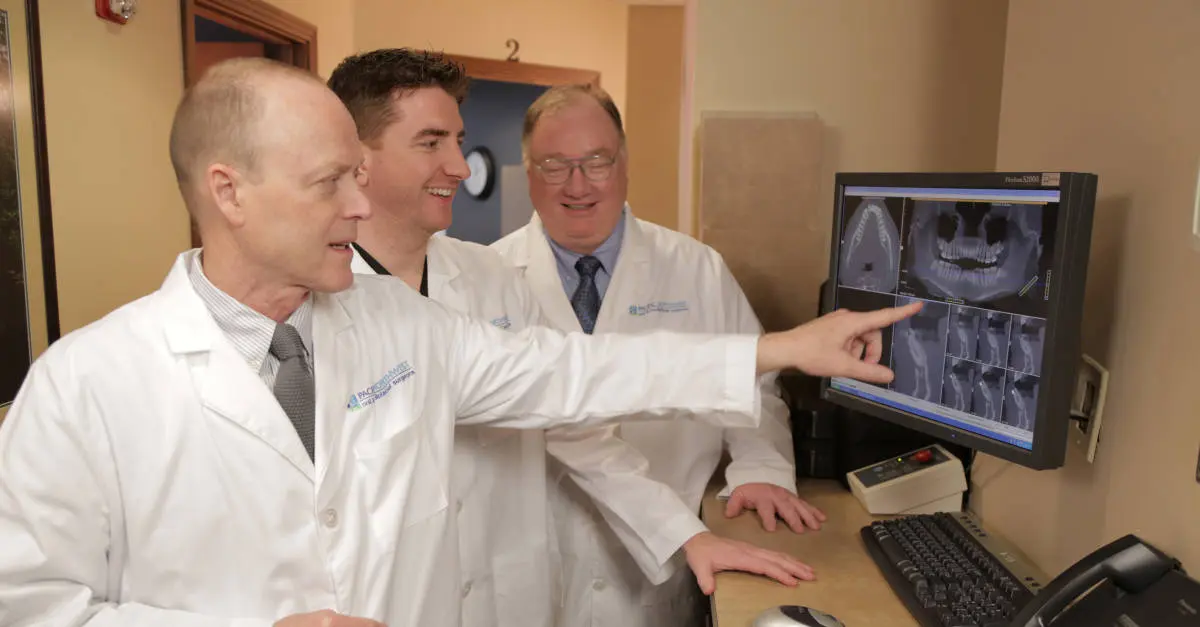Wisdom tooth extraction is a common dental procedure that involves removing the third molars, also known as wisdom teeth, from the back of the mouth. After undergoing this surgery, it is important to follow certain guidelines to ensure proper healing and minimize complications. One of the most crucial instructions is to avoid smoking for a minimum of 5 days after the procedure. In this article, we will explore the reasons why smoking should be avoided after wisdom tooth extraction and its impact on anesthesia. We will also provide tips on quitting smoking to promote overall health and successful surgery outcomes.
Why Smoking Should Be Avoided After Wisdom Tooth Extraction
Smoking after wisdom tooth extraction can have detrimental effects on the healing process and increase the risk of complications. The nicotine and tar in tobacco impair healing and may lead to a condition called dry socket. Dry socket occurs when the blood clot that forms in the extraction site is dislodged or dissolves, exposing the underlying bone and nerves. This can cause severe pain and delay the healing process.
Furthermore, smoking increases bleeding due to the vasoconstrictive effects of nicotine. Increased bleeding can lead to swelling, pain, and a higher risk of infection. It is essential to maintain a smoke-free environment in your mouth to ensure optimal healing and reduce the risk of complications.
Impact of Smoking on Anesthesia for Wisdom Tooth Extraction
Smoking has a profound effect on the respiratory system, and this effect can be exacerbated during surgery. When you smoke, your lungs and respiratory system become compromised, making it harder for your body to receive and process anesthesia. This means that smokers may require higher levels of anesthesia compared to non-smokers, placing additional strain on the anesthesiologist and increasing the risk of respiratory complications during the surgery.
Moreover, smoking increases the likelihood of post-surgical complications such as pneumonia, infections, and heart attacks. The lungs and heart of smokers are already weakened by the harmful effects of tobacco, making them more susceptible to these complications. Quitting smoking before surgery is crucial to reduce these risks and ensure a safer and more successful procedure.
Tips for Quitting Smoking
Quitting smoking is not an easy task, but it is essential for your overall health and the success of your dental surgery. Here are some tips to help you quit smoking:
- Find a reason to quit: Use your upcoming dental surgery as motivation to quit smoking. Think about the benefits of being smoke-free, such as improved oral health and reduced risk of complications.
- Seek help: Consult with your doctor or pharmacist about over-the-counter remedies or prescription medications that can assist you in quitting smoking. They can provide guidance and recommend the most suitable options for you.
- Get support: Lean on your loved ones for support or join a support group for people trying to quit smoking. Having a strong support network can make the quitting process easier and more successful.
- Engage in stress-relieving activities: Find alternative ways to manage stress and relax, such as practicing yoga, getting a massage, or engaging in regular exercise. These activities can help alleviate the cravings and withdrawal symptoms associated with quitting smoking.
- Adopt a healthy diet: Focus on consuming a nutritious diet that includes plenty of fruits, vegetables, and whole grains. A healthy diet can support your overall well-being and make the quitting process more manageable.
- Reward yourself: Set small goals and reward yourself for achieving them. Treat yourself to something you enjoy whenever you reach a milestone in your journey to becoming smoke-free.
Quitting smoking not only benefits your dental health but also improves your overall well-being. You will no longer have to worry about stained teeth, bad breath, or the risk of complications during dental surgeries. Additionally, quitting smoking saves you money in the long run. Take the necessary steps to quit smoking and increase your chances of a successful wisdom tooth extraction surgery.
If you have any questions or concerns about wisdom tooth extraction or quitting smoking, don't hesitate to reach out to our experienced dental team at Bright Dental of Logan Square. Call us today at (773) 276-9280 to schedule a consultation or learn more about our services.
How long after wisdom tooth removal can I smoke without gauze?
It is recommended to avoid smoking for at least 5-7 days after wisdom tooth removal, even without gauze. Smoking can increase pain, delay healing, and increase the risk of complications such as dry socket. It is best to wait until you have fully healed before resuming smoking.
Does smoking affect anesthesia for wisdom teeth?
Yes, smoking can affect anesthesia for wisdom teeth extraction. The harmful chemicals in tobacco can compromise the respiratory system, making it harder for your body to receive and process anesthesia. Smokers may require higher levels of anesthesia, increasing the risk of respiratory complications during the surgery.
If you want to know other articles similar to Smoking after wisdom tooth extraction: avoidance & impact you can visit the Dental category.


Related Articles